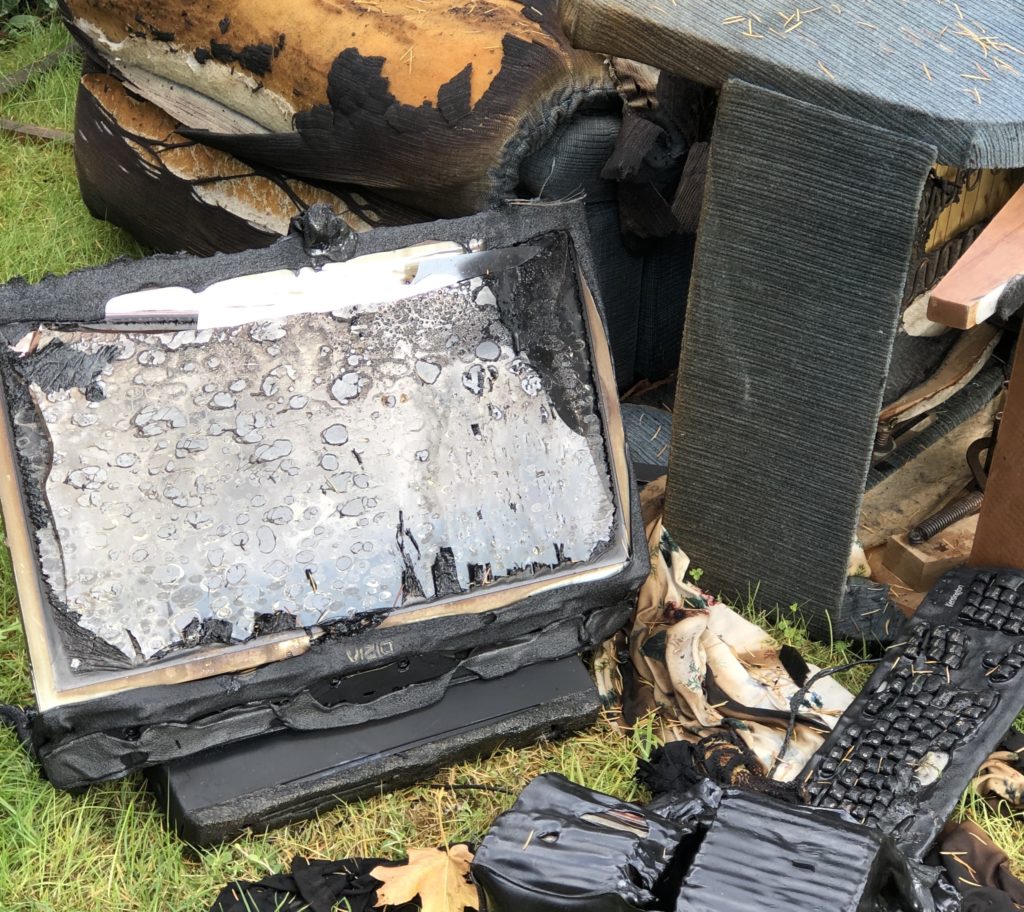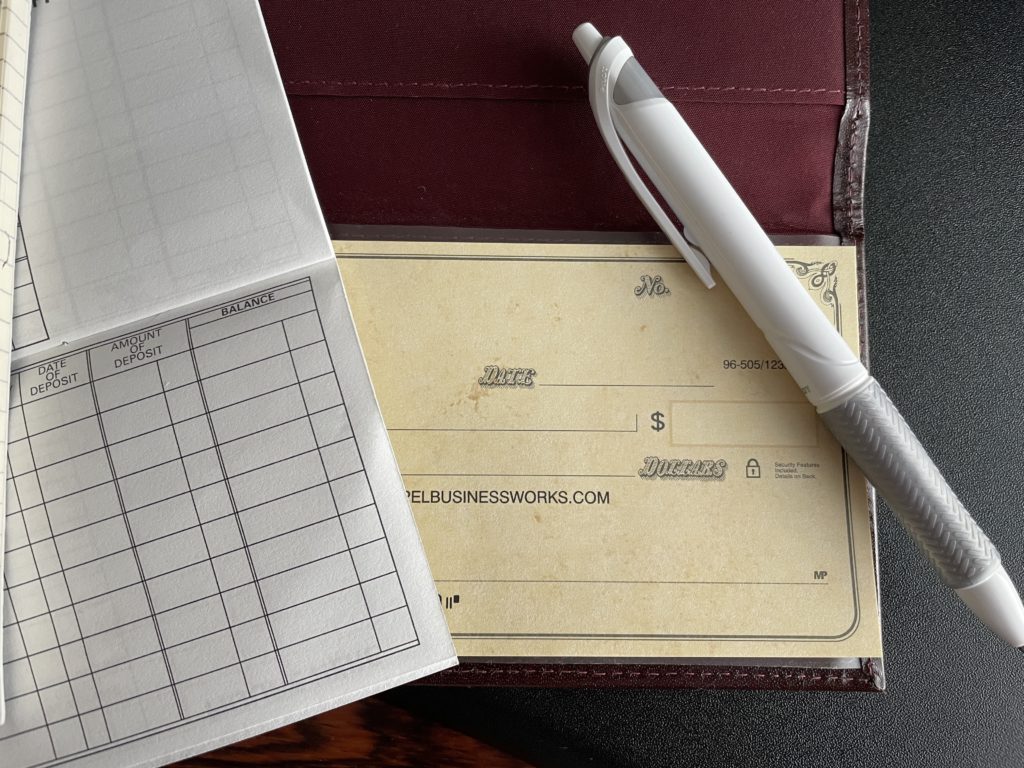

Have you ever wondered what it would take to to on an extended leave from work? Can’t seem to wrap your mind around what it would require to go on a sabbatical? Me either. But when I found out I was pregnant I knew I had to figure it out. Today, as the planner and organizer I’ve always been, I’m outlining some of the steps I’ve taken in preparing to go on leave for four months off as I gear up to embrace motherhood.
For most business owners, preparing to go on leave can be overwhelming. No matter if you’re planning to take a week, two weeks, a month, or longer there are a lot of things to think through and plan for.
But planning is one of my superpowers and most who know me can verify that fact. I can’t help but think ahead, considering scenarios and details, and brainstorming my backup support system from every angle.
Here are a few to-do’s to consider if you’re contemplating or already planning to be away from your business for a duration of time:
1. Find an assistant to gate-keep and administrate while you’re gone.


Your time away doesn’t have to be complicated, but it’s likely that the longer you plan to be MIA, the more you’ll have to plan for. Finding someone you can trust, who is organized and responsible, can make or break your plans to disconnect.
A good support person, whether they be a virtual assistant, project manager, or a secretary, can make all the difference. When interviewing and hiring this position, be sure you’re clear on how long you’ll be gone, what is expected, what will be needed, how many hours you expect them to spend each week, and how you will communicate with them. If they don’t have the time you need or they don’t communicate they way you need, you probably need to continue looking.
Luckily, I’ve had my leave assistant Sarah on my team (off and on) since 2010. She not only knows Propel, she thinks like I do, is organized and attentive, responsible, and an excellent communicator. She also has great ideas for strategic ways we can stay in touch, while also possessing critical thinking skills needed to make decisions and knows where to find answers before getting me involved. Win, WIN!!
2. Talk about it early and often.
You’d be surprised how many people don’t absorb your warnings about being gone thinking it doesn’t apply to them or that they have time before the actual day comes. And then it’s too late and their lack of planning causes emergency or rushing around for you. Talking about it early and then sending reminders or final ‘warnings’ for deadlines, etc can help everyone stay current and keep track of the time.
3. Think through all the scenarios you already handle and consider it from a fresh perspective.
What will your assistant, team, and clients need to know while you’re out? Are there details brought to your attention that you can give people responsibility over? Can you empower them to make good decisions that are best for them and your company?
It’s likely that you can do your work without thinking about it. But having someone step in to cover you can be eye opening. Have them shadow some of the tasks and roles you handle, and start paying attention to everything through fresh eyes.
4. Organize your processes.


Begin taking notes of every little thing you manage for your assistant. What kind of communications and projects or day-to-day tasks do you manage? How will someone else decide what to do with those? Anything that would come to their attention from a client, in your inbox, over the phone, on social media, or anywhere else should be tracked and documented. And, the more the better since any lingering questions may cause a feeling that they need your input.
Choose a good place to keep documented processes and be thorough. It could be Word documents saved in a shared folder in Dropbox, or it could be a project management system you can share with them. Either way, be specific and don’t assume they will remember any particular thing. Hopefully that will keep potential questions and communication during your leave to a minimum.
5. Slim down your inbox.
If someone will be monitoring your email inbox, now is the time to streamline and weed out the fluff. You may be subscribed to newsletters that could be sent to a different inbox, or maybe you can unsubscribe altogether. Keeping the communication streamlined will reduce expense of time and keep your assistant on track and efficient without being weighed down with over-processing or overthinking whether something needs attention.
6. Get smart about staying connected.
If you’re serious about fully disconnecting and not checking-in, make sure you have a fallback plan for truly important questions that may pop up – because they will! I’ve opted to setup a private email that only my gatekeeper knows about. She has been instructed to only forward emails that she can’t find answers for with the team or solve together with the client. Otherwise, she has been empowered to rally the team, delegate, or get resourceful to find solutions that can resolve issues or questions during this time. If I truly need to get involved, there will be a designated day I check-in and respond weekly to that private inbox.
7. Make sure there is a backup plan for fires.


You never want a fire to breakout in your business, but planning ahead for the possibility is wise. There are times when all of your preparations and the street-smart team you’ve hired still can’t answer the call of an emergency, so make sure your go-to assistant or each member of your team know how they can reach you in a timely fashion.
8. Schedule one-on-ones with your team.
Each person you’ve brought on to your team is responsible for their role and what they bring to the table, but you’ve always been the one responsible to the client. During this time, you have to trust that your team can handle the challenge of troubleshooting, delivering services and timely communication, and making responsible decisions for the company while also providing excellent service while you’re out. Empower them to do just that and remind them that you are still able to help if something comes up, even if it may take a few days to get back to them.
9. Reinforce expectations and your plans with your clients.
You have a plan, but have you shared it with your clients? Do they feel secure with the work your company is doing with and for them and do they know who to turn to with questions while you’re out? Laying out the parameters of your leave, what they can expect from your support assistant, and who they’ll be working with directly while you’re gone will alleviate stress of the unknown and reinforce a positive scenario they can trust has been well thought out. This should also mitigate the need for you to step in or get involved with minor questions or needs while you’re supposed to be gone.
10. Consider pre-scheduling communications.
If you have an email subscriber contact list who is used to hearing from you regularly, don’t forget to communicate with them. If your assistant hasn’t been trained or isn’t familiar with your marketing plans or systems, consider pre-scheduling an email or two during your time away so your audience isn’t forgotten. Not only is email valuable for keeping your subscribers up-to-speed, it can make them feel like their part of your story, creating a sense of deepened connection and loyalty.
And, if you’re normally consistent on any social platform, be sure there is a plan to keep your communication going, or at least publish a notification letting your followers know you’ll be out, and when you’ll be back.
Even better would be sharing your journey live while you’re out, if possible. I can’t promise I’ll be publishing my blogs each week while I’m out, but before I leave I’ll definitely be setting expectations so my audience (you!) know when you might be hearing from me during my leave.
Think of your communications during leave as a way to keep your followers engaged and in the know about your plans, or to give them a behind-the-scenes snapshots which will make them feel like they’re a friend you’re bringing along with you.
11. Get your finances in order.


Setting up automatic payments and money transfers for monthly or regular invoices and bills can be a lifesaver during this time. Pull out your budget and start with your normal expenses then figure out how much you’ll need to cover those payments. Setup transfers from a savings or other accounts to cover those expenses so you don’t overdraw. Or, plan to setup autopay using a credit card just for the time you’re away.
Lastly, decide which day (or days) during your leave that you will intentionally set aside an hour to check bank accounts, payments, and invoices. Put a reminder on your calendar to ensure everything is running smoothly and nothing is overdue, and stick to it.
Personally, I’ve arranged a specific day of the month that I will check my inbox for my vendor and team invoices and get those paid. On that day, I’ve estimated needing 90-minutes to also send invoices out to clients as needed, and register incoming payments into my accounting system. And my bookkeeper is aware that I’ll end up batch uploading monthly statements and receipts for a couple months at a time instead of trying to force my normal routine to remain intact.
Ultimately, your finances shouldn’t be a source of worry or strife as you’re off the clock, so plan ahead and put systems in place to mitigate stress.
12. Backup your devices
It’s always a good idea to save backups of your phone, desktop, laptop, online files, and even client, team and accounting files before you escape for an extended period. Even if you plan to be home (like I do during maternity leave) a power outage and electricity surge can do damage you may not expect and which you possibly can’t remedy.
Consider it an insurance plan and backup each of your devices over the course of a few nights before your leave.
13. Set your OOO, swap emails on your devices, and disconnect.
You are there. Ready to walk away.


One of the final steps before you lock the door behind you is to set your out of office or vacation responder, scheduling it for the dates you’ve promised to be away. In this email response, be sure to include a catchy but reassuring subject line as well as a quick message in the body of your email responder sharing the dates you’ll be away from your desk, including the name and email of the person in charge or other team members they can receive help from. Give people enough information to get the right support without your involvement and you’ll be able to rely on the systems you have in place to free your mind of responsibility.
One additional thing I did was setup rules for each client email address who may communicate during this time to land in a safe folder I can check later. That way, when I’m ready to sift through my inbox, I can trust that client communications are saved, even though they may have already been handled. This will leave only anomaly emails for me to organize or review.
Then, if you took my suggestion and setup a separate email address that only you and your assistant know about (see #6 above), now is the time to turn off your regular business email and activate the new one on your phone, laptop, and/or tablet.
I can see this step causing some anxiety because, like me, you are likely programmed to check your work email every chance you get. You might even be concerned about the amount of mail you may have to sift through later. But trust the process. Whatever emails hit your normal inbox while you’re out will be caught by your gatekeeper, assessed, and saved, handled or forwarded with questions. The only email you need to check now is the one you have arranged to watch every so often while you’re gone.
Trust me, you can do this!
14. Let it go and stick to your plan.
You have done all you can to prepare. Now is the time to trust your planning and your team, and to step into what you’ve committed to, talked and prepped for.
In the end you are your own best friend if thought and strategy is considered far enough in advance. You can also be your own worst enemy if you don’t trust all you have put in place that should allow you to disconnect and focus on your priority of taking leave.
Ultimately, I’m talking about sticking to your guns, turning off your email and/or phone, checking-in ONLY when you said you would, and following your own rules. In this way, you reinforce your word and commitment to your priorities, leading the way to be a good example with your team and clients and audience.
So, go boldly! Be confident in your processes and your decisions and go into your leave with peace, knowing this time will be memorable and important, in so many valuable ways.
Did I miss something? Do you have input or a suggestion I should add? Leave your thoughts below…
Unless otherwise noted, every photo, caption, word, and all content on this site is property of Jamie Teasdale and Propel Businessworks, copyrighted, and may not be copied without prior approval.
